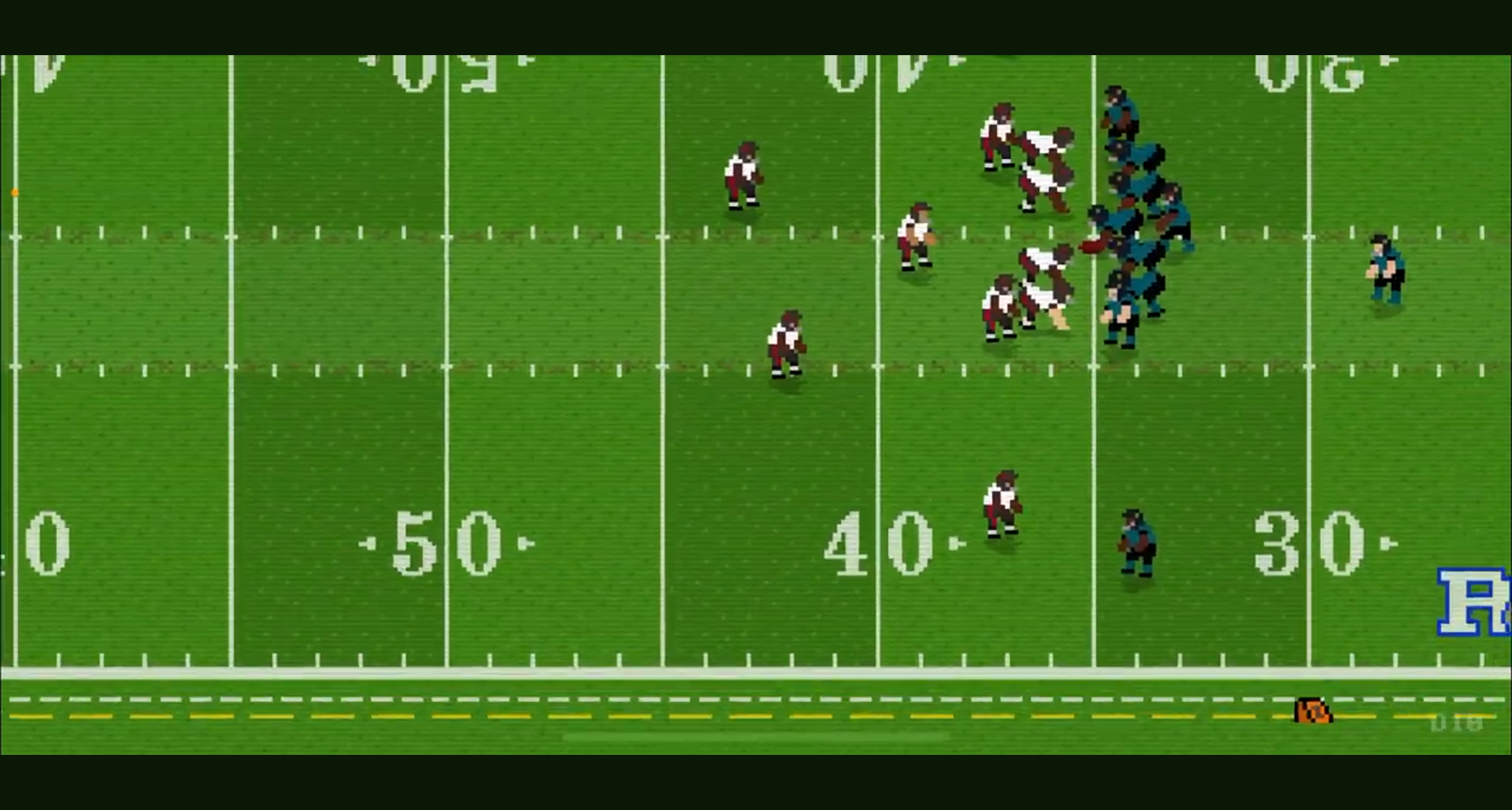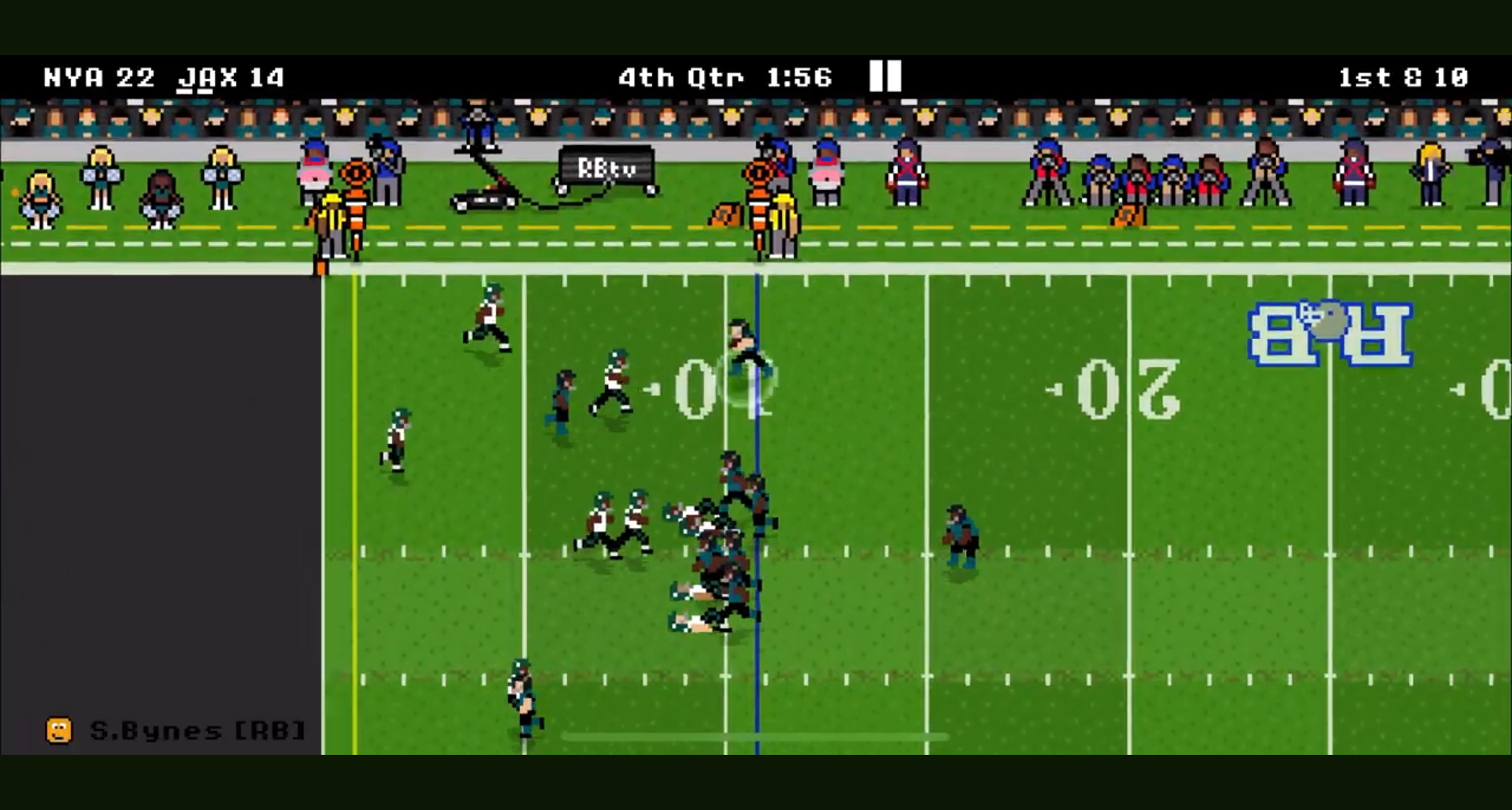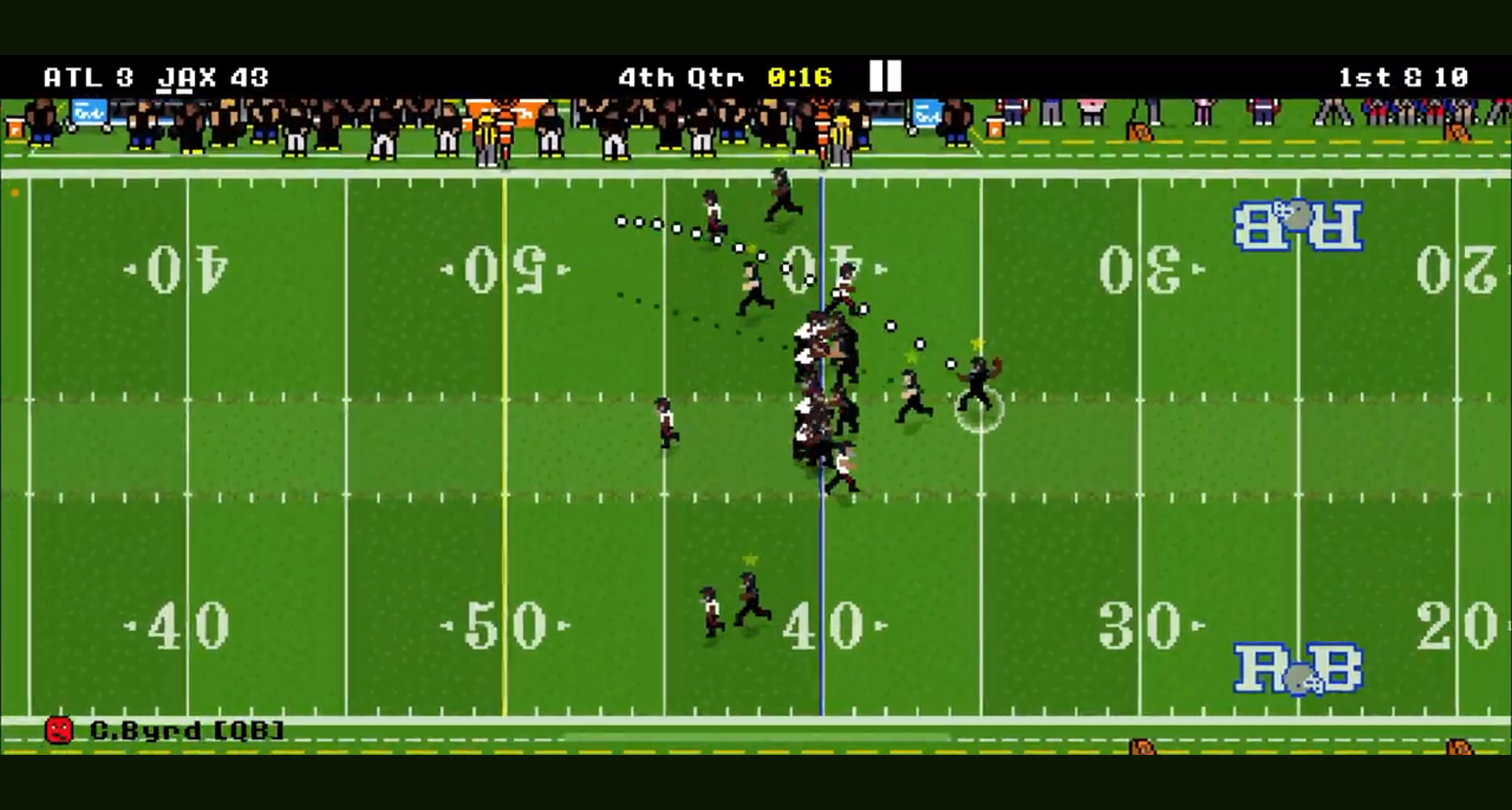Retro Bowl, a popular mobile football simulation game, brings together the excitement of strategic gameplay and immersive team management. Players not only control their teams on the field but are also tasked with making crucial decisions that affect overall performance and success. An essential aspect of enhancing one’s gameplay in Retro Bowl is understanding the various roles within the coaching staff, particularly the coordinators. But what do coordinators do in Retro Bowl, and why are they crucial for a winning team?
Overview of Retro Bowl Game Mechanics
Retro Bowl operates on a mixture of gameplay fundamentals and team management aspects. Players step into the shoes of a football team manager, crafting strategies that impact not just individual matches but the season overall.
Gameplay Fundamentals
Players engage in turn-based gameplay, where each decision can tilt the balance of a match. This structure emphasizes play-calling and tactical management, making the role of coordinators pivotal for efficient team performance.
Team Management Aspects
Effective team management involves roster management, player training, and strategy development. Coordinators take charge of specific areas: offense, defense, and special teams, ensuring that the game flows smoothly and strategically.
Importance of Coordination Within Team Dynamics
Coordination is essential in creating a well-rounded team. Clear roles define how strategies are executed in a simulated football environment, enabling seamless interactions between players and coaches.
Understanding Coordinator Roles in Retro Bowl
In Retro Bowl, coordinators play defined roles that influence the game’s outcome. These figures include:

Offensive Coordinator
Responsible for the offensive strategies and player roles.
Defensive Coordinator
Focuses on defensive plays and preventing opponents from scoring.
Special Teams Coordinator
Handles special plays such as kick-offs, punts, and field goals.
This structured division of duties forms the backbone of team strategy and effectiveness, showcasing what do coordinators do in Retro Bowl.
The Role of the Offensive Coordinator (OC)
The Offensive Coordinator (OC) plays a vital part in steering the team’s attacking strategies.
Responsibilities of the Offensive Coordinator
The OC is responsible for:
– Designing offensive plays that exploit enemy weaknesses.
– Managing quarterback decisions during critical game moments.
– Evaluating player strengths and weaknesses to maximize efficiency.
By focusing on these elements, the OC ensures that the team can adapt to varying opponent strategies, illustrating the profound impact of what do coordinators do in Retro Bowl.
Impact on Game Strategy
A great OC tailors their gameplay based on current situations:
– Adapting play strategies according to the opponent’s weaknesses.
– Changing tactics mid-game based on score and time constraints.
This adaptability is crucial to keep the opposing defense on their toes.
Player Interactions
Effective communication is key for an OC. This involves:
– Active in-game communication with players to provide strategic insights.
– Offering feedback for continuous improvement.
These interactions demonstrate the OC’s role in fostering teamwork and enhancing game dynamics.
The Role of the Defensive Coordinator (DC)
The Defensive Coordinator (DC) is equally essential in ensuring a balanced gameplay style.
Responsibilities of the Defensive Coordinator
DCs focus on:
– Developing defensive strategies to thwart opponents.
– Assigning player positions effectively during defensive plays.
An effective DC ensures that defense reacts swiftly to offenses, a critical part of what do coordinators do in Retro Bowl.
Impact on Game Strategy
The DC’s impact is evident through:
– Quick reactions to the opposing team’s plays.
– Cultivating a strong defensive unit minimization of opponent scoring.
Their strategic mindset defines the team’s defensive effectiveness.

Player Interactions
Successful defensive execution relies on player readiness:
– Coaching players on critical reads and timely reactions.
– Collaborating with players in practice to foster a strong defense.
These interactions secure a coherent and effective defensive output.
The Role of the Special Teams Coordinator (STC)
Special Teams Coordinators (STC) manage a unique aspect of gameplay with profound implications.
Responsibilities of the Special Teams Coordinator
The STC is in charge of:
– Overseeing field goal attempts, punts, and kickoff strategies.
– Selecting the right players and formations for special teams.
By honing these specialists, the STC creates opportunities to turn tight games.
Impact on Game Strategy
The importance of special teams can shift a game:
– Making crucial decisions, particularly in high-pressure situations.
– Recognizing how special teams can significantly change game outcomes.
This focus on the details emphasizes what do coordinators do in Retro Bowl.
Player Interactions
Strong special teams depend on close coaching:
– Training specialized players for specific roles helps build confidence.
– Encouraging team cohesion among special teams members is key.
These dynamics ensure special teams are prepared for game situations.
Importance of Coordination in Overall Team Success
A successful team requires harmonious coordination across all units.
Integrating Strategies Across the Team
The cooperation between different coordinators facilitates:
– Communication, ensuring that all personnel are synchronized in gameplay.
– Continuous feedback loops that enhance performance.
These practices are foundational for thriving in Retro Bowl.
Adapting Strategies Based on Game Context
Coordinators must regularly adapt their strategies based on:
– Level of situational awareness in the game.
– Tactical flexibility, responding to pressure and opponent strategies.
This adaptability is crucial for in-game success.
Tips for Effective Coordination in Retro Bowl

Whether you are new or experienced in Retro Bowl, refining coordination strategies can enhance your gameplay.
Strategies for New Players
New participants should focus on:
– Prioritizing player strengths according to the demands of respective coordinator roles.
– Understanding opposing teams’ styles and tailoring strategies accordingly.
These strategies help in grasping the fundamentals of what do coordinators do in retro bowl, setting the stage for deeper understanding.
Advanced Tips for Experienced Players
For seasoned players, consider:
– Employing data analysis to track player performance over time.
– Building synergies among coaches and coordinating strategies for maximum effectiveness.
This depth of understanding allows more experienced players to leverage their skills effectively.
Conclusion
Coordinators in Retro Bowl play indispensable roles, steering their teams to success through effective strategy and communication. Embracing these coordinator roles not only enhances gameplay experience but also enriches understanding of football dynamics. The depth of strategy available in Retro Bowl provides for an engaging and rewarding experience.
Call to Action
Have you experienced the role of coordinators in Retro Bowl? Share your experiences and insights! Explore additional resources and gameplay tips to master retro football strategies.
| Coordinator Role | Main Responsibilities | Impact on Game | Player Interaction |
|---|---|---|---|
| Offensive Coordinator | Designing offensive plays, managing quarterback | Improves offensive efficiency and adaptability | Active communication, providing strategic insights |
| Defensive Coordinator | Developing defensive strategies, assigning player positions | Effective response to opponent’s offensive plays | Coaching on readings and reactions |
| Special Teams Coordinator | Managing field goal, punt, and kick-off strategies | Crucial decisions in game outcomes, creating opportunities | Training specialized players for specific roles |
FAQ
1. What is the role of an Offensive Coordinator in Retro Bowl?
The Offensive Coordinator designs plays, manages the quarterback, and maximizes player strengths.
2. How does the Defensive Coordinator impact a game?
They develop strategies to minimize scoring and react to opposing offenses efficiently.
3. What does the Special Teams Coordinator do?
They manage strategies during field goals, punts, and kick-offs while selecting specialized players.
4. Why is communication important among coordinators?
Strong communication ensures cohesive gameplay and allows for strategic adaptability.
5. How can new players improve their coordination skills?
New players should focus on understanding player strengths and adapting strategies based on opponents.
6. What advanced strategies can experienced players utilize?
Experienced players can use data analysis to track performance and foster coach synergies.
7. How does coordination contribute to team success?
Coordination aligns team dynamics and fosters effective communication, enhancing overall gameplay performance.
8. Can player interactions enhance gameplay?
Yes, close interactions foster teamwork and help improve understanding of game strategies.
9. What are some key characteristics of effective coordinators?
Effective coordinators possess strong communication skills, adaptability, and ability to analyze gameplay situationally.
10. How does the structure of coordinators benefit gameplay?
Specific roles allow for specialized strategies and optimally executed plays, enhancing overall game output.